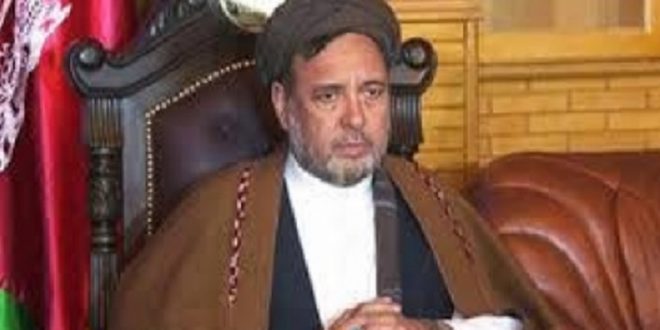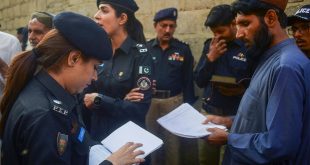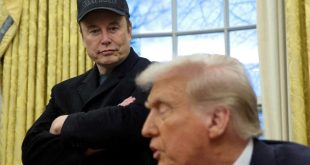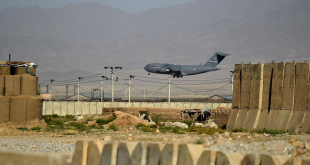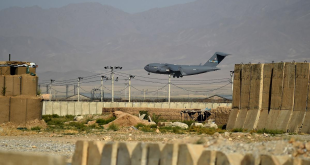AT News
KABUL: In the midst of controversial peace process, a number of Afghan politicians geared up efforts to form reconciliation council—while the Presidential Palace is simultaneously working on formation of a negotiation team to carry the peace talks with the Taliban.
U.S. and Taliban on 29th February hammered out a peace agreement in Doha, the capital city of Qatar, after 18 months of marathon negotiations—offered an olive branch for the Afghan people and the government towards an end to the endless war.
Former Jihadi Leader, Mahammad Mohqiq said that the council would manage the peace talks with the Taliban. Speaking to Radio Azadi, he said that the council would not be under influence of the Presidential Palace, but did not rule out government representatives in the negotiating list.
Afghan influential elites had recently held a number of meetings, discussing issues related to the peace and formation of delegation to continue the peace talks with the Taliban.
Deputy of High Peace Council, Haji Din Mohammad, who participated in these meetings, said that the reconciliation council would be comprehensive but the formation has yet to be finalized.
“The negotiation team will report about the peace talks to the member of the council and will take orders,” he said and adding, all decisions during peace talks would be monitored by this council.
There is no word so far from the central government as political controversies getting snooty, but had early said the representatives of the political parties would not be among the peace delegate.
The list of negotiating team has been finalized, said a presidential advisor, Wahid Omar. “Its details will be shared when the exact time of the peace talks is determined.”
Afghan President Ashraf Ghani in his oath-taking ceremony said that the peace delegation would be announced on March 10th. But so far there is no clue about the negotiation team due to ongoing disputes between Ghani’s administration and Afghan politicians.
The political hullabaloo further tautens when former Chief Executive, and self-proclaimed president, Dr. Abdullah had taken oath of office. Ghani and Abdullah had sworn-in as presidents of Afghanistan in separate ceremonies in their palaces next door, risking the country’s political landscape, and the prospect of the peace process with the Taliban.
 Afghanistan Times
Afghanistan Times
